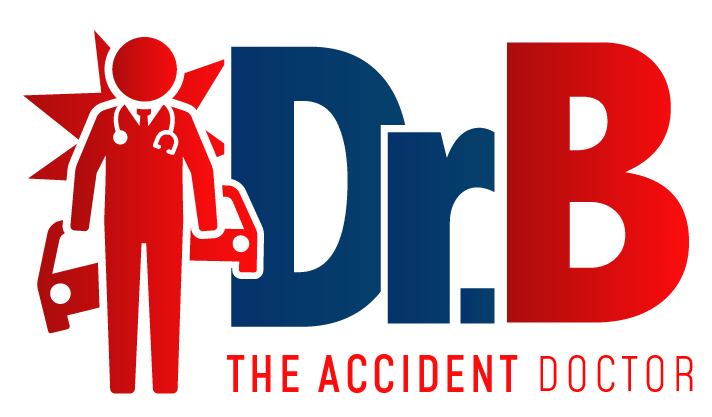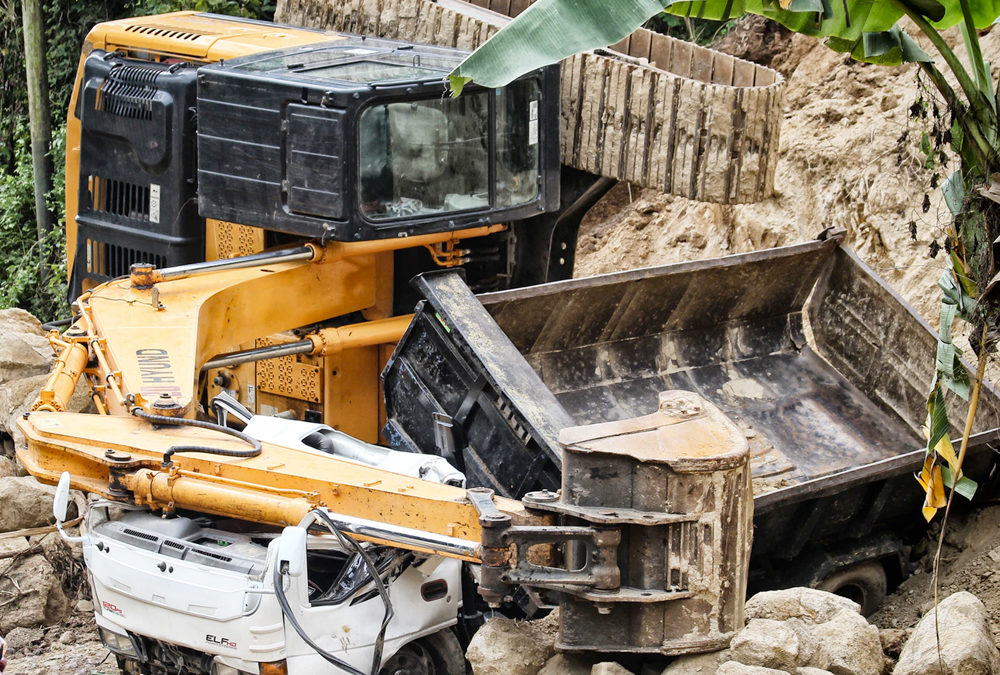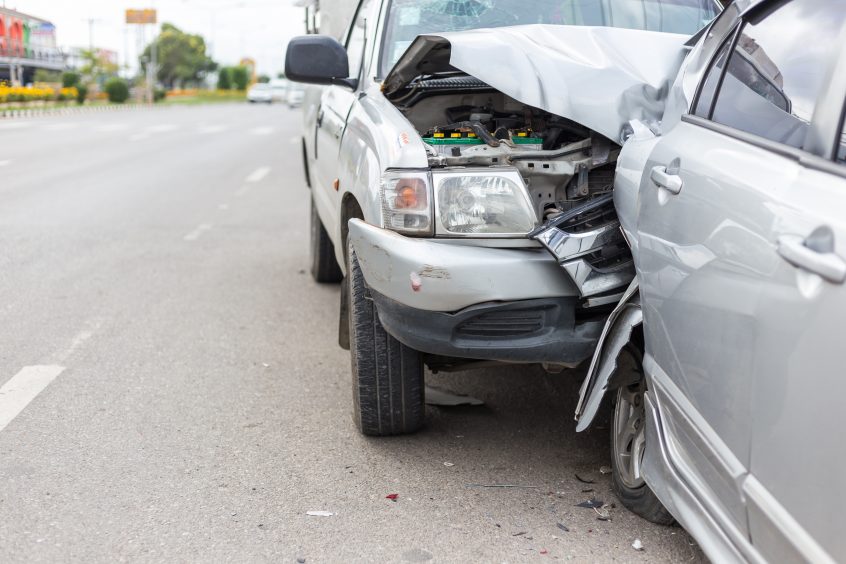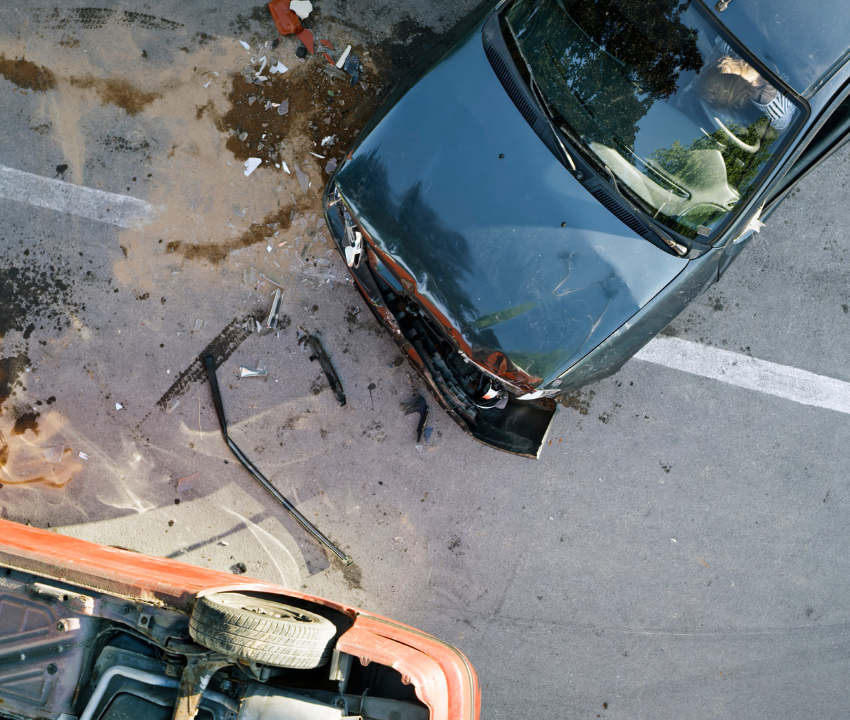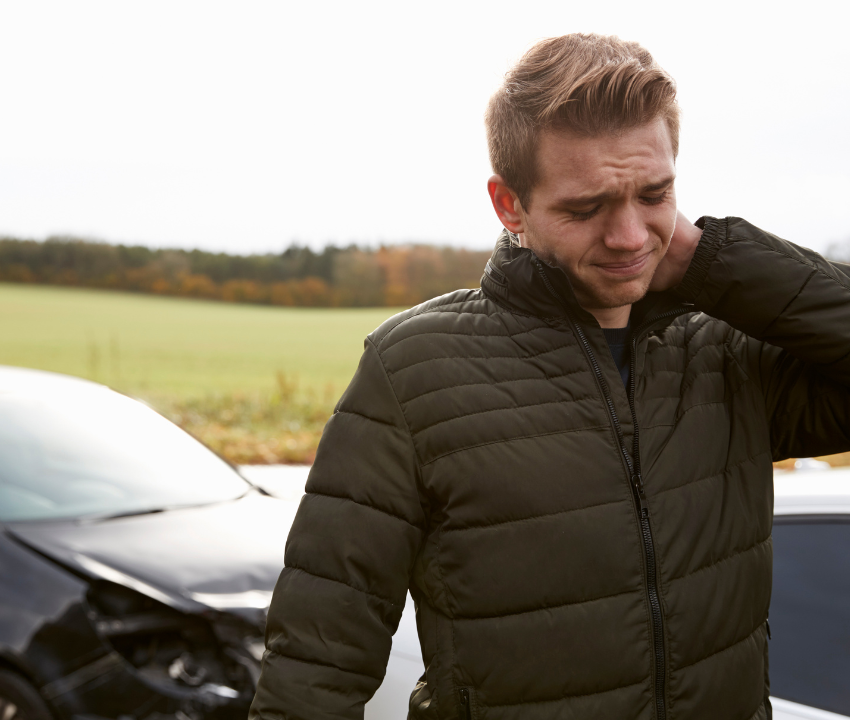It is almost impossible to dive for more than an hour, in any direction on a major highway, without encountering an accident involving a commercial delivery truck.

What are the causes of delivery truck accidents?
Since no 2 delivery truck accidents have exactly the same causes or consequences, it can be said that every delivery truck accident is unique. While this may indeed be the case with individual delivery truck accidents, studies by agencies such as the National Transportation Safety Bureau (NTSB) and the Federal Motor Carrier Safety Administration (FMCSA) have consistently shown that various causes of delivery truck accidents are associated with incidents extracting the greatest costs in terms of property damage, serious injury, and even deaths among accident victims.
1. Passenger vehicle driver error/recklessness
According to both the NTSB and the FMCSA, reckless driving by the driver of a passenger vehicle is responsible for as many as 80% of all serious injuries and accidental deaths in accidents involving at least one delivery truck and one private passenger vehicle. As discussed in later sections of this post, this does not mean that a passenger vehicle is automatically assumed to be at fault in a given delivery truck accident!
In many delivery truck accidents, the driver of a passenger vehicle may be the only one charged with a violation of traffic laws. However, as our delivery truck accident lawyer always reminds our clients, the mere fact that any driver is charged following an accident is not an absolute indication of liability since liability is a matter for a civil court to determine! Thus, even if a passenger vehicle driver is charged following a traffic accident, it is often possible to later file a personal injury lawsuit even if it is “obvious” to a layman that the passenger vehicle driver was “in the wrong” regarding that accident!
2. Delivery truck driver error/recklessness
As are other drivers, delivery truck drivers have the legal and moral duty to operate their trucks in a manner that will reduce the possibility that other drivers and their passengers could be injured. In fact, our legal system recognizes these duties when it imposes special conditions such as higher minimum insurance requirements for delivery trucks and special driver’s licensing (“commercial driver’s license” or “CDL”) for most delivery truck drivers. Since delivery truck drivers are held to a higher standard than are most other drivers, this higher standard can often be used to demonstrate negligence.
3. Poor weather conditions
Although the Federal Aviation Administration (FAA) has strict rules for determining when an aircraft may legally be operated during poor weather conditions, did you know that a delivery truck does not have any such restrictions on its driver during identical weather conditions?
Although poor weather conditions such as rain and fog can easily lead to reduced visibility by both delivery truck and passenger vehicle drivers, a far more common result of poor weather are the loss of normal braking action and even a loss of traction involving a vehicle’s tires and the road surface. When we investigate a delivery truck accident if we discover that weather conditions other than “severe clear” could have been present when an accident occurred, it is quite likely that poor weather conditions probably contributed to that accident even if the contribution is “downplayed” by accident investigators!
4. “Distracted” driving
In response to an ever-increasing number of accidents caused by drivers who were talking on their smart phones or driving while exchanging text messages with their friends, most states have enacted laws against “distracted driving.” Since federal trucking safety laws prohibit the use of cellphones and similar devices by a driver while a truck is in motion, a finding of “distracted driver” following an accident could expose a driver’s employer to liability.
5. Improperly loaded freight/trailer cargo
One of the major advantages of over-the-road shipping is that tractor-trailer rigs are designed to evenly distribute weight over long wheelbases. If a truck’s cargo weight is not properly loaded (such as heavier weights to the front of a trailer), the tractor-trailer could become unstable during turns or during sudden changes in direction while attempting to avoid other accidents. As a general rule, an improperly loaded trailer is usually seen as negligence on the part of the delivery truck’s owner.
6. Inadequate training/supervision of delivery truck drivers
Although most delivery truck drivers are required to possess a valid Commercial Drivers License, it is the responsibility of the driver’s employer to insure that the driver’s safety record is up-to-date and that the driver has been trained to properly handle any special types of cargo, such as flammable liquids or compressed gasses. If a driver who is hauling cargo that requires special handling is involved in an accident and is unable to produce evidence of qualification to handle such cargo, that driver and the driver’s employer could be found liable for damages.
7. Failure of a delivery truck driver to comply with federal and state safety regulations
Any failure to comply with federal and/or state traffic safety laws will usually be seen by the courts as evidence of negligence on the part of the delivery truck driver and the driver’s employer. In these cases, the victim of a delivery truck accident need only show that a violation led to an accident and that accident caused the victim’s injuries to establish liability by the driver and the driver’s employer.
8. Failure of a driver to comply with his or her employer’s safe driving policies
In addition to federal and state safety regulation, which are enforced by their respective Departments of Transportation (DOT), each company is also free to impose its own set of driving policies so long as those policies do not conflict with existing federal/state law. In fact, many such “company rules” are stricter than those enforced by federal and state law. If a driver can be shown to have intentionally or inadvertently violated an employer’s safety policies, the courts will usually consider such violations as direct evidence that negligence has occurred and will often demand no further proof of negligence in order to hold an employer liable for the actions of its driver.
9. Mechanical failure
Although modern tractor-trailer rigs are equipped with numerous safety features, mechanical failures such as flat tires, air brake pressure leaks and brake fires still occur. If a delivery truck is involved in an accident that was caused by a mechanical failure, the delivery truck’s owner can be held liable for that accident and ordered to pay damages to accident victims.
10. “Third Party” liability
In personal injury law, a “third party” is an individual or business whose negligence may have played a significant role in your delivery truck accident injury but is not felt to have made a “significant and direct” role in that accident. Since most third party cases arise from the alleged negligence of independent contractors such as vehicle repair and maintenance shops, such lawsuits are often the only legal action available to victims of delivery truck accidents.

Injured in a Forklift accident ?
Schedule an appointment with us now! 210-342-2777
*Information obtained from: thedoanlawfirm.com
